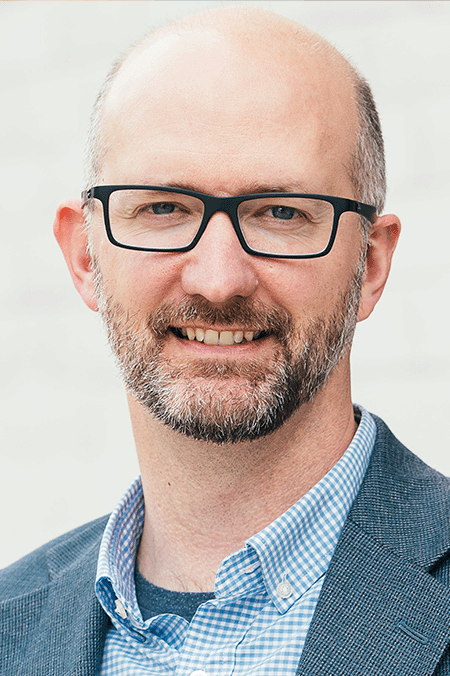 Exploring Low(er) Carbon Intensity Fuels for Freight Transport: Real world Data for Informed Decision Making
Exploring Low(er) Carbon Intensity Fuels for Freight Transport: Real world Data for Informed Decision Making
Speaker: Dr. Patrick Kirchen
Associate Professor at UBC Mechanical Engineering, Clean Energy Research Centre
When: October 29, 2024 | 1-2 pm
Location: CEME 1203 (6250 Applied Science Lane), or on Zoom (https://ubc.zoom.us/j/62730824202?pwd=OUz7dghPMfxJw8A34BzF5WfbjbYKwi.1 | Meeting ID: 627 3082 4202 | Passcode: 528348)
The Department Research Seminar series shares our faculty expertise on a variety of topics with the UBC community.
Abstract
Approaches to reduce the carbon intensity of land and sea-based freight vehicles are required to reduce climate impact of these systems. In this presentation we will explore the near-term implementation of lower carbon intensity fuels for freight transport, including fuels such as natural gas, hydrogen, biofuels, and renewable diesel. In particular, the impact of fuel, engine technology, and vehicle operation on greenhouse gas emissions and air quality pollutants are considered. Lab-based investigations provide insight to fundamental fuel conversion mechanisms, while in-use measurements on real-world vehicles provides highly relevant emission and performance data. This approach enables higher accuracy emission factors to be determined and used to identify optimal vehicle operating strategies, motivated by reducing the environmental impact. Ultimately, effective use of alternative fuels requires data-informed decision making for the selection of technology, vehicle operation, and development regulatory tools.
Biography
Dr. Patrick Kirchen is an Associate Professor in Mechanical Engineering at the University of British Columbia, where he is the director of the Thermochemical Energy Conversion Lab, serves as an associate director of the UBC Clean Energy Center, and co-leads the UBC Urban Freight Emissions Program. His research activities are focused on understanding effective implementation of low carbon-intensity fuels for energy systems using a combination of lab-based fundamental studies, and characterization of in-use emissions and performance of real-world vehicles. Prior to coming to UBC he worked at the Massachusetts Institute of Technology as a research scientist. He holds a PhD in Mechanical Engineering from the ETH Zurich and BASc and MASc from the University of Alberta.